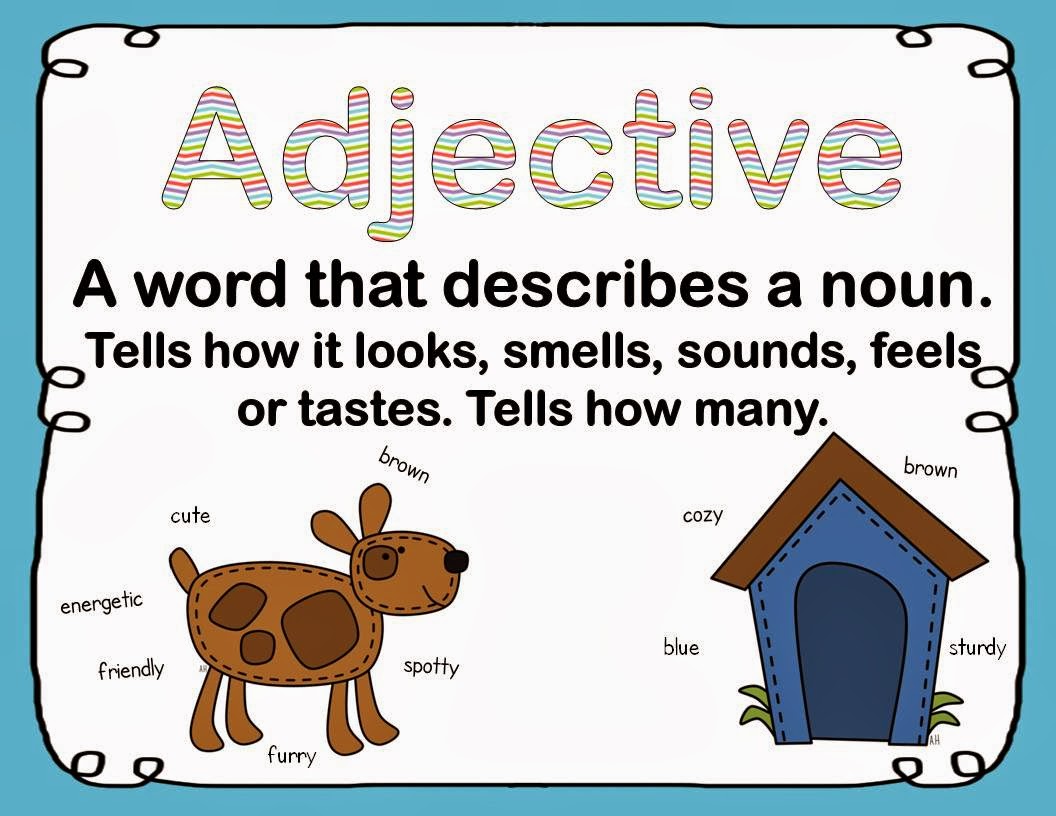

When you need to pick out an adjective phrase in a sentence, look for the noun first. We didn’t believe our tour guide when he warned us about the increasingly hostile goblins we’d encounter as we went deeper into the woods.Īs you see in these examples, an adjective phrase can go before or after the noun it’s ultimately describing.Take a look at the bolded adjective phrases in these sentences: Adjectives include:Īn adjective phrase is a phrase that contains an adjective, but there’s more to it than that-as a whole, an adjective phrase is a phrase that acts as an adjective by describing a noun. Here are a few quick examples of phrases:Īn adjective is a word that describes a noun. They fit into sentences to provide context and clarity. To really understand what an adjective phrase is, let’s break it down.Ī phrase is a group of words that’s not quite a sentence but expresses a coherent idea. Take numbers, for example: “ fifteen cupcakes,” “ zero qualms.” Similarly, although they are often used as pronouns, this, that, these, and those can also be used as adjectives: “ This article was very informative.Grammarly helps you write the way you intend Write with Grammarly What is an adjective phrase? In addition to describing qualities of nouns and pronouns, adjectives can modify them by restricting or limiting their meanings. (Read more about modifying adjectives) Other Roles of Adjectives A very general rule (which has many exceptions) is that -er or -est may be used for adjectives of a single syllable (like round or flat), more or most are used for those with three syllables or more (like beautiful), and there is no clear rule for adjectives with two syllables. The question of whether you should modify an adjective with -er or -est or if you should use more or most is a tricky one. Beautiful is one example of an adjective whose degree can only be modified in this way you could say that one painting is more beautiful than another, but you would not way that it is beautifuller. But adjectives can also be used with adverbs like more, most, less, very, slightly, etc. They often do this by changing form (usually by adding -er or -est): you might prefer your food spicier than others in your family do, or take pride in your ability to handle the spiciest hot sauce on the market. Some adjectives describe qualities–spiciness, for example–that can vary in amount or degree. “The birthday seemed special.” ( Special is the adjective, and birthday is the thing being described.) "She wore a purple shirt." ( Purple is the adjective, and shirt is the thing being described.)

"A scruffy dog sat in the window." ( Scruffy is the adjective, and dog is the thing being described.) They usually (but not always) come right before what they are describing. Scruffy, purple, concerned, and special are all adjectives. Adjectives are words that describe something or someone.


 0 kommentar(er)
0 kommentar(er)
